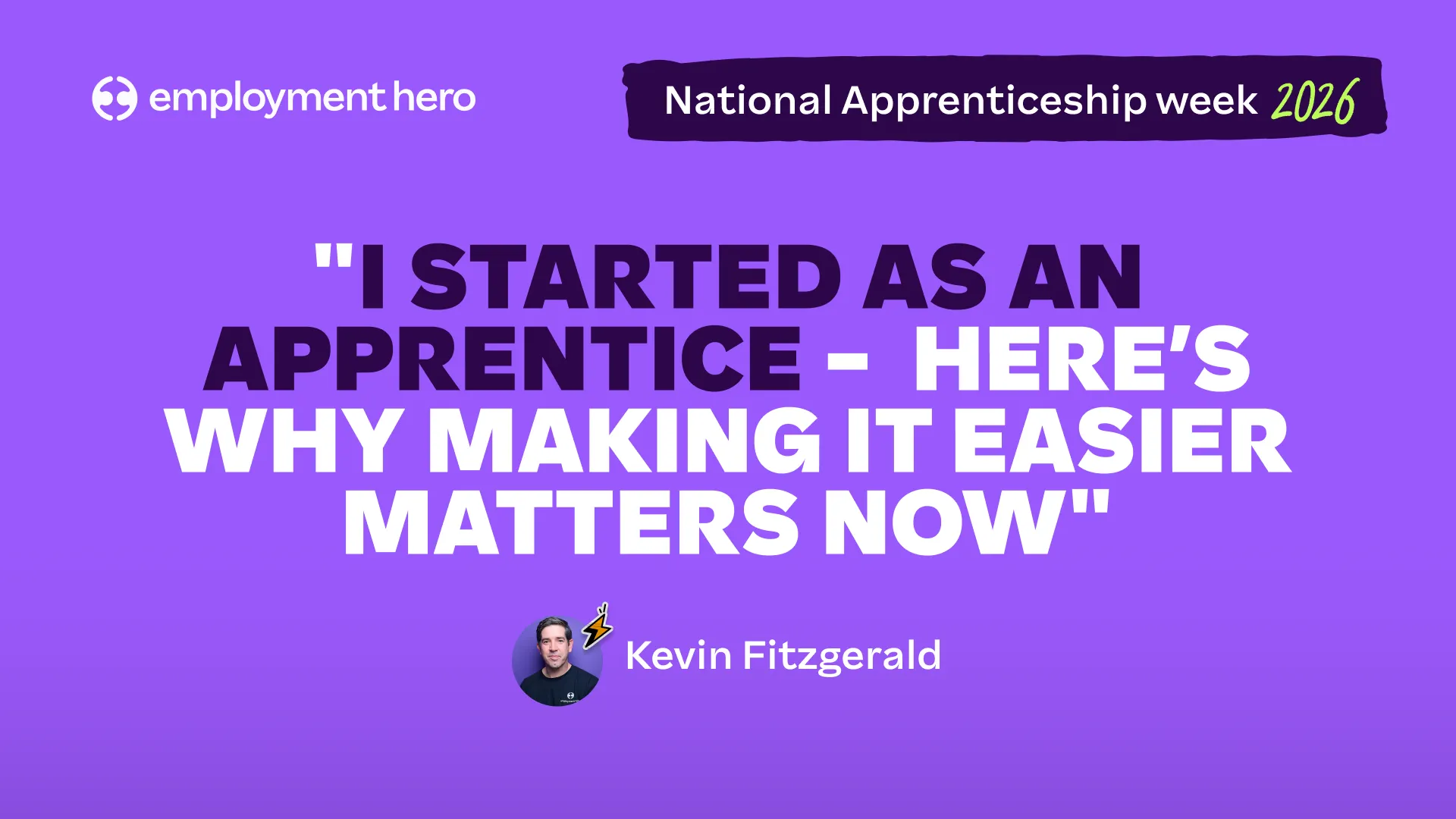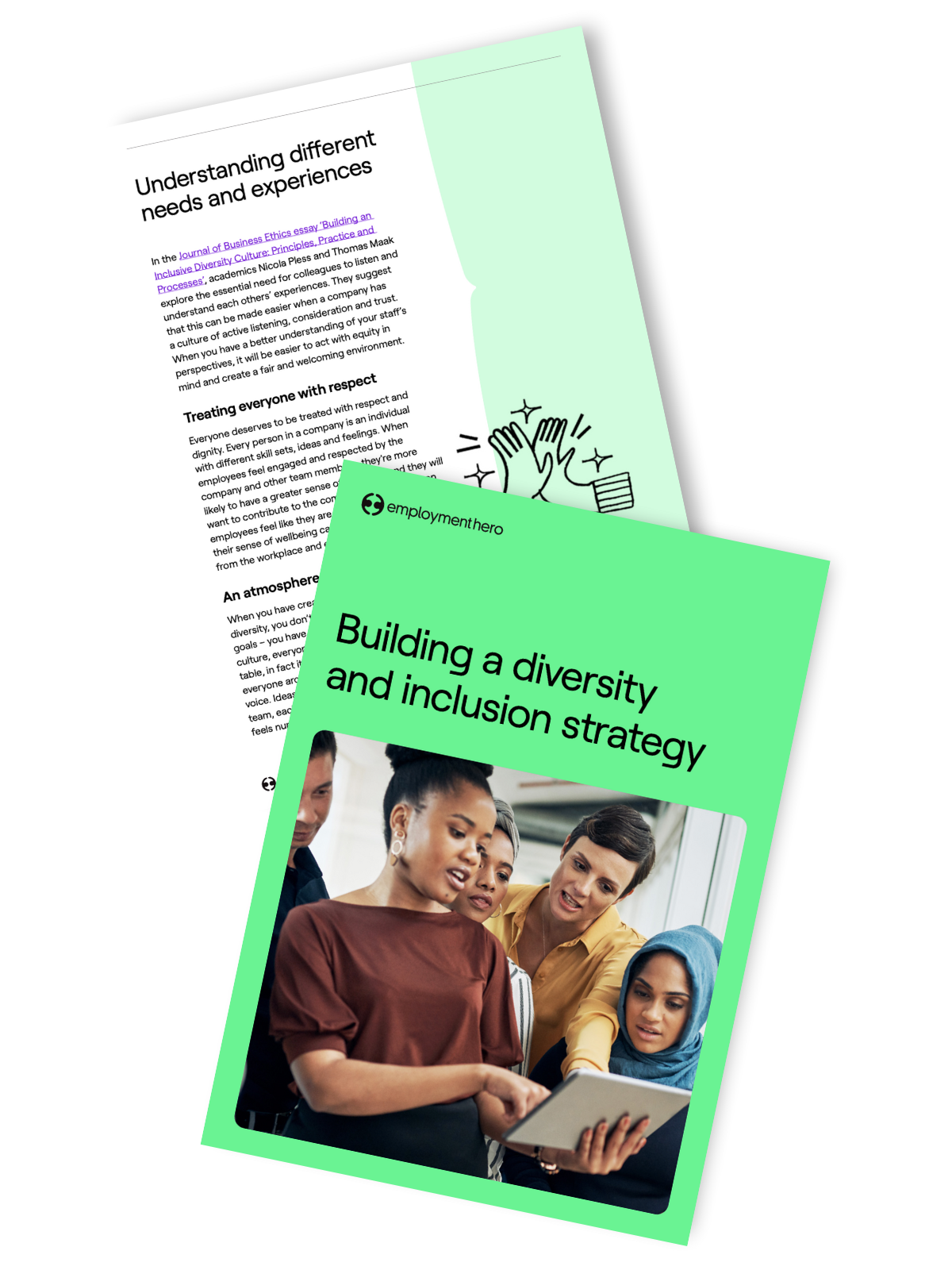Supporting refugees into employment in the UK
Welcoming refugees is both our humanitarian duty and a significant economic opportunity.

More than 11 million people are thought to have fled their homes in Ukraine since the beginning of the war, according to the United Nations (UN).
Yet while the Ukraine conflict dominates the headlines, the scale of the problem is far bigger. According to the Council on Foreign Relations’s Global Conflict Tracker, there are currently 27 ongoing conflicts around the world, including Ukraine, the war in Afghanistan, political instability in Lebanon, the war in Yemen, the Rohingya crisis in Myanmar, and the conflict in Ethiopia.
Most recent figures reveal that 82.4 million people were forcibly displaced due to war, conflict, persecution and other emergencies, a quarter of whom are refugees under UN Refugee Agency’s mandate. The global refugee crisis continues to worsen, and many people are asking what they can do to support refugees.
Employing refugees can be a very rewarding and impactful way for businesses to help, not least because participating in the work market is one of the most important factors in determining long term social integration.
In this post, we answer some of the top questions about hiring refugees and look at what employers can do to help refugees access employment.
Who is a refugee?
First, let’s get clear on who a refugee is. According to the UN, refugees are people who have fled war, violence, conflict or persecution and have crossed an international border to find safety in another country.
Refugees are given special protection under international law, including the right not to be returned to a state where their life or safety is compromised.
An asylum seeker is a person who has left their country for the same reasons, but who is waiting to receive a decision on their asylum claim and hasn’t yet been legally recognised as a refugee. Seeking asylum is a human right under the 1948 Universal Declaration of Human Rights (UDHR).
Once asylum has been granted, a person gains refugee status and further protection under international law. Refugees then have the right to work and the same protections against discrimination in the workplace as anyone else.
Can I employ refugees in the UK?
Once a person has refugee status, they have permission to work in the UK. That means that as an employer, you can offer work to refugees if they have the right to work in the UK – which is normally after they have been granted asylum in the UK.
You should check your applicant’s right to work via the UK government website. You can also check an applicant’s right to work by using an identity service provider that offers Identity Document Validation Technology (IDVT).
All documentation will state an individual’s right to work in the UK, although it might not explicitly state that they are a refugee. Refugees should also receive a National Insurance Number once they have been granted refugee status, though they may not have a passport.
The most common form of documentation is a Biometric Residence Permit (BRP), issued by the UK Home Office, which is assigned to all migrants with the right to live in the UK longer than 6 months. All refugees are given a BRP.
Asylum seekers who are allowed to work will have ‘employment permitted’ or ‘work allowed’ stated on their Application Registration Card (ARC).
You must complete right to work checks because you could face a civil penalty if you employ an illegal worker and haven’t checked their right to work correctly.
Like with any other application, all job selections should be considered on the basis of suitability for the post. You must not discriminate, and you should not make assumptions about a person’s right to work or immigration status based on their colour, nationality, ethnic or national origins, accent or the length of time they have been resident in the UK.
The benefits of hiring refugees
When people have to flee their home, they often leave with few possessions, leaving behind jobs, school, and even loved ones. But they don’t abandon their experience, skills, qualifications, or career ambitions.
Indeed, many refugees are highly qualified and bring talent, drive and a wealth of experience. Despite this, they can face significant challenges finding work while settling into a new country.
While welcoming refugees is a moral, legal and humanitarian obligation, it is also an investment that can yield substantial economic dividends. This is because diverse teams are more in touch with the values and needs of a broader range of customers. Insights from various backgrounds, genders, cultures and ethnicities are critical in identifying unmet market opportunities.
It bears out in the numbers that inclusive cultures contribute to a business’ overall success. Research has shown inclusive workplaces are 1.7 times more innovative when compared to those with fewer D&I initiatives.
How can we show support for refugees?
The UK asylum process is particularly long compared to some other countries, and there is no national strategy to support refugees into the workplace. Instead, as a nation, we rely on NGOs, charities and grassroots organisations to provide support and the labour market.
Therefore, anything you can do to help refugees transition into work, whether that is in your community, network or business, from providing jobs to helping reduce the barriers to employment, is helpful. Joining networks, raising awareness and educating yourself and your employees can be great steps to take.
The Tent Partnership for Refugees is a global business partnership that provides guides and resources that make it easier for companies to implement refugee initiatives.
Breaking Barriers is a UK based charity supporting refugees in London to access employment. They have helped over 800 refugees since 2015, and 572 refugees in the last 12 months alone.
Overcoming barriers to employment
Research by Mckinsey has shown that companies with employees from a variety of backgrounds are 35% more likely to outperform their competitors. Yet despite this, refugees face more barriers to entering the labour market than any other disadvantaged and marginalised groups.
Tent’s data revealed that unemployment for refugees in the UK is anything from 20% to 82%. In London, it is estimated to be approximately 70%, way above the average London-wide unemployment rate of around 4%.
Some of the barriers faced by refugee job seekers include:
- Needing to find work and accommodation within 28 days of being granted refugee status
- Lack of networking access for employment options or knowledge about recruiting procedures
- Complex application procedures
- Lack of English language skills or low proficiency in English means refugees have comparatively smaller employment opportunities
- Refugees often lack social, educational or professional relationships in the UK
- Employer’s perception of a lack of transferable experience, qualifications or references from previous roles or in their home country
- Gaps in employment history during their often prolonged asylum process during which refugees are legally unable to work
- Misconceptions around the costs or administrative burden when hiring a refugee
- Cultural misunderstandings, social stigmas, negative stereotypes, prejudice and racism
Having awareness of the barriers means you can take steps to reduce them.
How employers can help
It is important that employers understand the challenges faced by refugee job seekers and are mindful of the barriers they face. Tailoring the recruitment and selection process can go a long way to making the application process accessible and fair.
One of the most important ways that you can help as an employer is to ensure that your company is committed to being a diverse and inclusive workplace, and this will naturally also extend to your recruitment and selection processes.
Creating an inclusive workplace means understanding different needs and experiences and treating everyone with respect. This may be enshrined in your workplace policies, but it goes beyond that. When you have created a workplace that values diversity, you have a culture of inclusivity where each person feels equally valued, and everyone feels safe and nurtured for growth within the workplace. This needs to be done through clear communication, diverse and inclusive leadership, training, and more.
Bear in mind that many refugees have lived through traumatic experiences and may require or benefit from additional support as well as upskilling. Your line managers and wider workforce may also benefit from support and training to ensure that a refugee worker is integrated into the workplace. Working with a partnership organisation can, too, improve refugee recruitment outcomes.
Other ways to help
Fundraising
Directly hiring refugees might not always be possible for a small business. If you still want to help, one option could be to raise money to support partner organisations supporting refugees and vulnerable people.
Organising a fundraising challenge can be a powerful way to strengthen your team while raising money for a good cause.
Share the facts
Another important way to support refugees is to raise awareness and combat misinformation. People often have misconceptions about refugees and asylum seekers and don’t understand their huge contribution and significant role in the UK economy. You can help by staying informed, educating your team and sharing the facts.
Next steps
We’re deeply distressed by the ongoing and escalating refugee crisis arising from numerous conflicts around the world. We encourage anyone affected to reach out to the relevant support organisations and networks. Looking after our own and each other’s wellbeing is vital in these times.
As employment experts, we know how valuable, important and rewarding a diverse workforce is, and our aim is to help employers achieve it. Supporting refugees into the workplace is part of this mission.
You can find out more about diversity and inclusion principles in our diversity and inclusion handbook.
Further resources
Tent’s UK Employer’s Guide to Hiring Refugees is an excellent resource.
The UN Refugee Agency provides open access data, up to date reports, support for refugees and asylum seekers, as well as signposting on ways to help.
Jobcentre Plus offers advice and support to refugees, including work-focused interviews, help with CV preparation, training allowances and access to training and employment related courses.
The Refugee Council runs an employment service which provides training and education to improve English and other vocational skills or build on existing qualifications. They also provide support around job seeking, including expert advice and support, access to a range of employment preparation workshops, assistance with CVs and interviews, and access to work experience opportunities.
The Refugee Employee Support and Training (REST) is a project which aims to create a comprehensive training and support system for enterprises and organisations that want to employ and integrate refugees into their workplaces.
The Scottish Refugee Council provides support and advice to people seeking asylum and refugees in Scotland.
The Welsh Refugee Council provides support, education and training opportunities that work to enhance the knowledge and skills of asylum seekers and refugees, volunteers, and external organisations in Wales.
Discover our Employment Operating System
If you’re ready to get started with eOS, view our information on pricing here, or click below to book in time to speak with someone.
The question is: will your HR systems be ready for 2025?
Related Resources
-
 Read more: 7 Ways Employment Hero Can Help You Retain Top Talent
Read more: 7 Ways Employment Hero Can Help You Retain Top Talent7 Ways Employment Hero Can Help You Retain Top Talent
Contents Retaining top talent in 2026 is about more than providing a positive workplace culture; employees are looking for jobs…
-
 Read more: Bradford Factor Alternatives: Practical Ways to Manage Absence in 2026
Read more: Bradford Factor Alternatives: Practical Ways to Manage Absence in 2026Bradford Factor Alternatives: Practical Ways to Manage Absence in 2026
Discover smarter absence management strategies for 2026. Explore Bradford Factor alternatives that focus on employee wellbeing and building a resilient…
-
 Read more: Government red tape risks blocking youth jobs as SMEs look to access apprenticeship scheme
Read more: Government red tape risks blocking youth jobs as SMEs look to access apprenticeship schemeGovernment red tape risks blocking youth jobs as SMEs look to access apprenticeship scheme
February 9, 2026: New Employment Hero research finds 73% of SME leaders intend to leverage new Government apprenticeship schemes following…





















